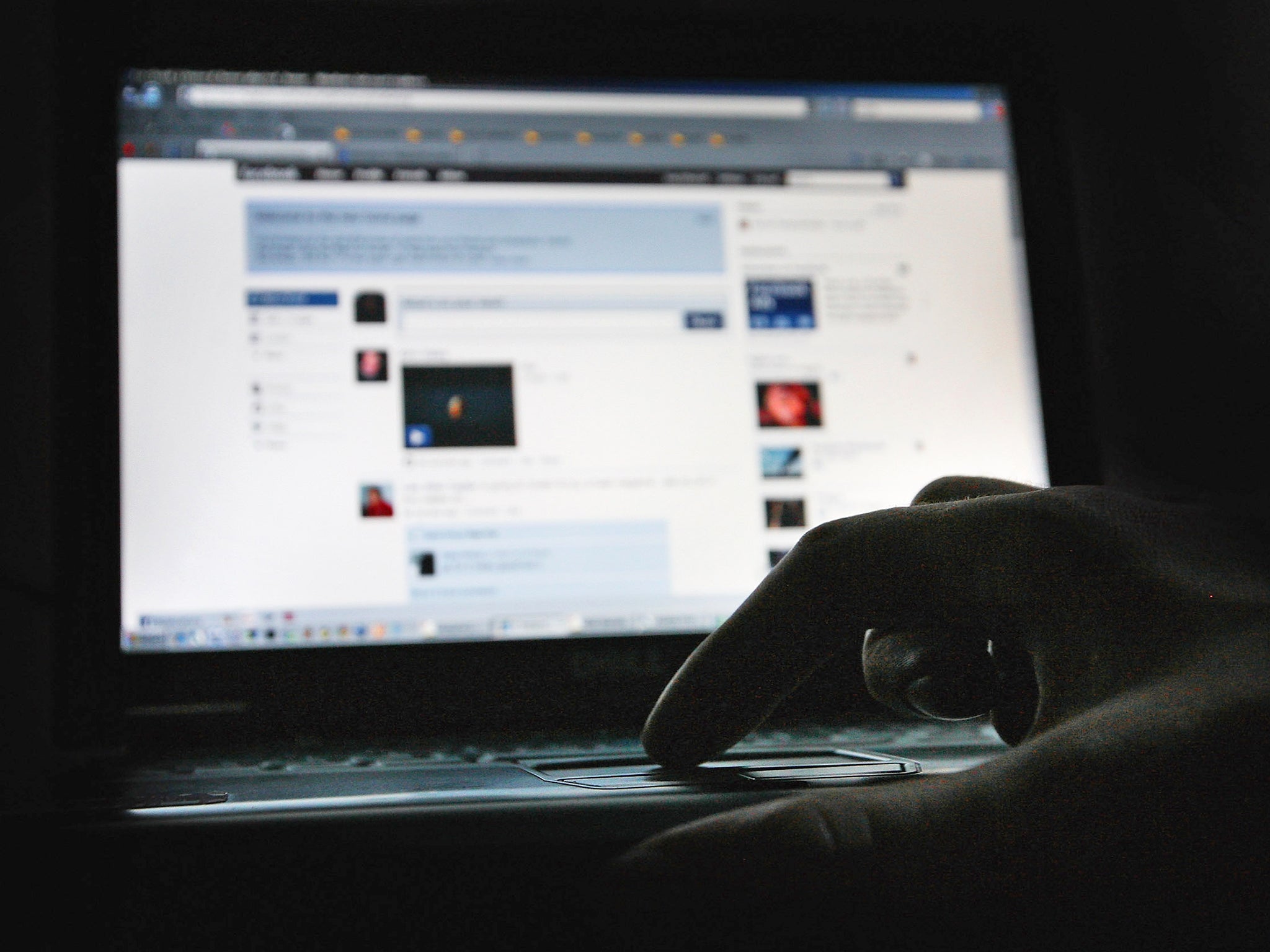Majority of headteachers say parents have abused their school and staff online
Some 15 per cent of headteachers surveyed said they had been a direct victim of cyberbullying in the past year

Your support helps us to tell the story
From reproductive rights to climate change to Big Tech, The Independent is on the ground when the story is developing. Whether it's investigating the financials of Elon Musk's pro-Trump PAC or producing our latest documentary, 'The A Word', which shines a light on the American women fighting for reproductive rights, we know how important it is to parse out the facts from the messaging.
At such a critical moment in US history, we need reporters on the ground. Your donation allows us to keep sending journalists to speak to both sides of the story.
The Independent is trusted by Americans across the entire political spectrum. And unlike many other quality news outlets, we choose not to lock Americans out of our reporting and analysis with paywalls. We believe quality journalism should be available to everyone, paid for by those who can afford it.
Your support makes all the difference.School headteachers are being subject to online abuse from parents, new research reveals, with one in two admitting to being a direct victim of cyberbullying over the past year.
A survey of more than 1,100 school leaders found more than half – 56 per cent – had seen negative or offensive comments on social media from parents.
Staff in mainstream schools reported personal insults, grievances and potentially libellous remarks among the types of comments they face on a regular basis on sites like Facebook.
According to The Key – an organisation providing leadership support to schools – issues were more prevalent within primary school communities, with more than half saying they’ve had to deal with parents’ negative posts on social media, compared to 46 per cent of secondary school leaders.
One primary headteacher said: “Social media is a massive concern for schools to deal with. Negative and inaccurate comments that would never be said face-to-face are often posted by parents online, and most of the time the school is unaware of these.”
Another pointed out that most cyber incidents take place outside of school, making it difficult to police or control.
Fergal Roche, CEO of The Key, said of the findings: “Social media is becoming a more and more prominent and influential part of everyday life, and schools are having to adapt quickly to the many new challenges, and opportunities, it brings.
“Inaccurate or offensive comments are not only upsetting for those individuals involved, but at a time when schools are increasingly having to market themselves to attract pupils and staff, such public and negative remarks can have a detrimental impact on their reputation.”
Mr Roche added: “Schools take complaints seriously, and have formal processes to ensure that any issues are resolved quickly and with pupils’ interests at the fore.
“Nevertheless, it’s important that schools recognise the potential risks of social media.”
It was vital, he added, to build “strong, two-way relationships” with parents and carers, so that grievances could be aired and dealt with constructively.
Researchers involved in the survey recommend that teachers avoid retaliation when faced with online abuse, or becoming personally involved in the incident.
A number of schools cover the use of social media within their code of conduct for parents, highlighting that parents should not discuss school business in any public forum.
In June this year, top academy school boss Sir John Townsley, head of the seven-school Gorse Academies Trust, threatened to sue parents who compared him to an evil “dictator” in a post on Facebook.
Speaking to The Key, one headteacher, who has seen the rewards of using social media as a way to engage with parents, said: “Social media has been an overwhelming force for good in our school. We use it to broadcast all the exciting activities that are going on in a moment-to-moment way - meaning parents are able to connect with school activities far more easily than in the past.
“Parents think that it has contributed to a feel-good atmosphere throughout the school and report that they enjoy having something they can ask children about when they get home.”
Join our commenting forum
Join thought-provoking conversations, follow other Independent readers and see their replies
Comments